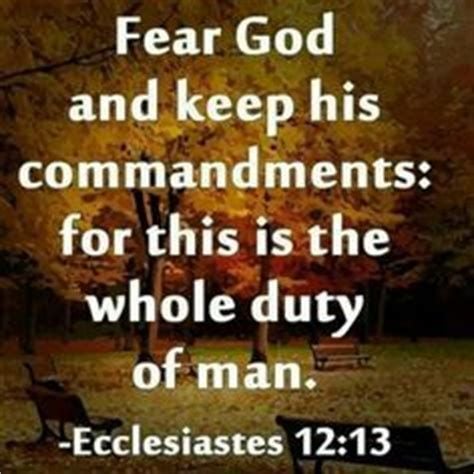| Author | Thread: church government? |
|---|---|
FocusIsEverything

View Profile History |
church government?Posted : 19 Feb, 2012 10:02 AMhow is it suppose to be? |

View Profile History |
church government?Posted : 19 Feb, 2012 10:25 AMThere is no one set way, at least not by the Bible. |

View Profile History |
church government?Posted : 19 Feb, 2012 01:25 PMDepends on the church you go to! ;-) |
NRSV1953

View Profile History |
church government?Posted : 19 Feb, 2012 02:14 PMIn my experience, I prefer a church led by a democratically elected group of people, Elders perhaps, with the support of the Pastor, although I agree that the Bible isn't specific about the form of government. |
strick

View Profile History |
church government?Posted : 19 Feb, 2012 04:59 PMIt is very simple listen to the elders but pray and ask the Lord for his Truth and be lead by his Spirit: |

View Profile History |
church government?Posted : 19 Feb, 2012 04:59 PMAt my church (Lutheran Missouri Synod) the church government is ran by the congregation. We have meetings after every few services, and whoever wishes to have a say does. I know my pastor felt strongly about having the congregation make decisions instead of having him do it, because Pastors tend to move around a lot, and the congregation are the ones who will most likely be with the church longer. |
|
|
|

View Profile History |
church government?Posted : 20 Feb, 2012 11:17 AMWho says there is supposed to be a church government? |

View Profile History |
church government?Posted : 20 Feb, 2012 09:29 PMour church is democratic congregation |

View Profile History |
church government?Posted : 5 Mar, 2012 01:00 AMThe only governing authority in a church ought to be the King of kings and the Lord of lords: God the Father, Son and Holy Spirit. |

View Profile History |
church government?Posted : 21 Apr, 2012 01:53 AMI think we should consider the roles of leadership appointed by God throughout the Bible. Elders are naturally leaders in any system and we are told to respect them, they have that right. Deacons are assistant leaders, they also have a strict set of qualifications in 1 Tim. 3. Bishops are the leaders of a church. They were appointed by apostles in the past, today they are appointed by the church. In our church, we have our bishop, he is the oldest member and the only one that meets the Biblical qualifications. We have no deacons because none of us are qualified according to 1 Tim. 3. Ephesians 4:11 also mentions other roles besides bishops and deacons. Apostles are above bishops, they were appointed by Christ Himself, so we have none of those today. Prophets are appointed by God, not man, so we can't appoint them. Evangelists are like missionaries. They have a mission to win souls to Christ. Instead of residing in a single church, they travel the world preaching the Gospel. They are more like wandering bishops because they can set up new churches. Pastors are called shepherds. They may be a synonym for bishops and deacons. Or for any Christian leader in general. Teachers are simply instructors of the Bible. Anyone can study and become a teacher. Most denominations have extra-Biblical rules for leaders. We try to be as Biblically based as possible. |

View Profile History |
church government?Posted : 21 Apr, 2012 02:02 AMMany churches ignore the Biblical qualifications in 1 Tim. 3 and they appoint leaders against the will of God. If you are in a church like that or you know of one, politely inform them of the qualifications. If they ignore you(as they always do to me), then find a church that has Biblically qualified leaders. If you are Biblically qualified, then you can start a church. Just be sure not to take the title of bishop or deacon, or appoint anyone with a leadership position, unless the Biblical qualifications are met. Going against God's word results in poor leadership, which makes a bad impression on Christianity and hurts our chances of growth. |

